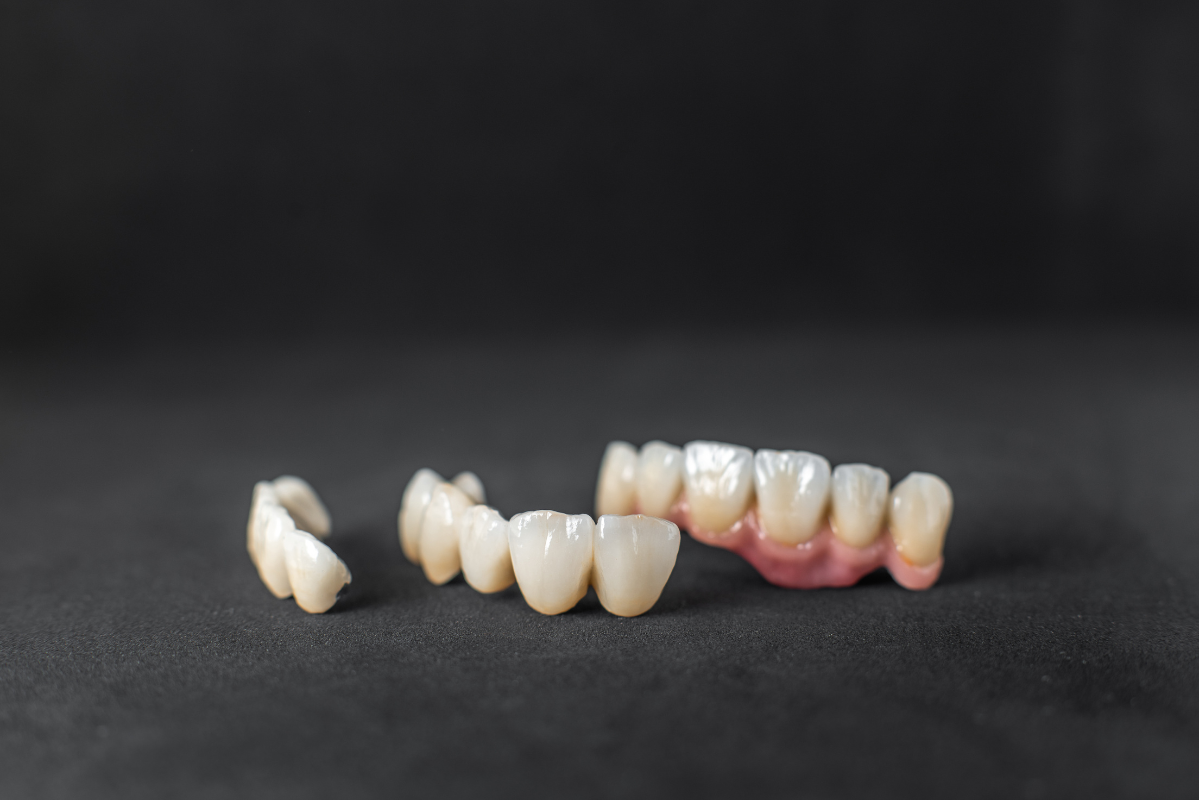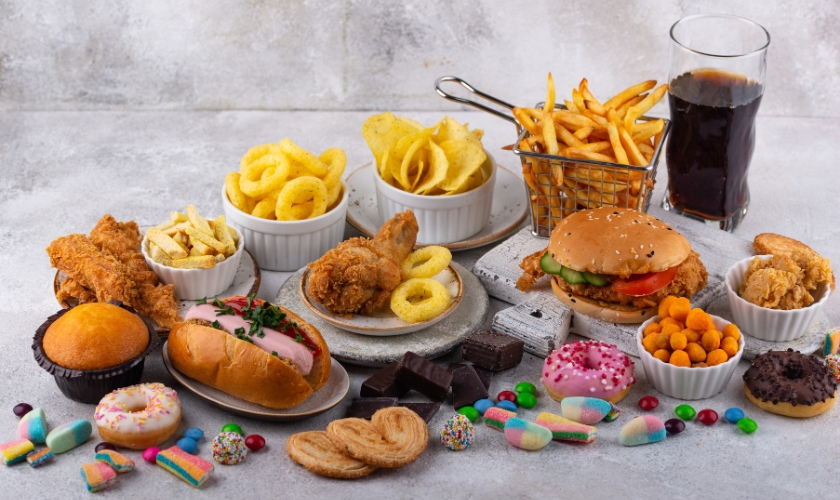
The Hidden Dangers of Junk Food for Your Teeth
August 16, 2024
Oral Care
Junk food may satisfy cravings, but its impact on dental health can be severe. From sugary snacks to processed delights, these foods can quietly damage your teeth over time. While the occasional indulgence won’t lead to immediate consequences, regular consumption can create lasting harm that may be difficult to reverse.
How Sugar Feeds Harmful Bacteria
Sugary foods like candy, soda, and pastries are a feast for the harmful bacteria in your mouth. When you consume sugar, these bacteria break it down, producing acids that attack your enamel. Over time, this acid weakens the enamel, making your teeth more vulnerable to cavities and decay. What begins as an innocent snack can turn into a costly visit to the dentist, as untreated cavities lead to more severe dental issues.
While brushing your teeth after eating can help remove some sugar, the problem often lies in the frequency of sugar consumption. Constant snacking on sugary foods allows acid production to persist, giving your enamel little time to recover. This cycle can speed up tooth decay, leading to cavities and eventual tooth loss if untreated.
Acidic Foods Accelerate Erosion
Not only is sugar an issue, but acidic junk foods like soda and sour candies pose another threat. These foods are highly acidic, and when consumed regularly, they can erode your enamel faster than sugary foods alone. Once your enamel wears away, it cannot regenerate, leaving your teeth permanently weakened.
This erosion can lead to increased tooth sensitivity, making it uncomfortable to consume hot, cold, or even sweet foods. Sensitivity is often an early warning sign that your enamel is thinning, signaling it’s time to reevaluate your eating habits.
Junk Food and Dry Mouth
Many processed and salty junk foods, such as chips and pretzels, can cause dry mouth by reducing saliva production. Saliva is critical for dental health, as it washes away food particles and neutralizes acids in the mouth. When your mouth becomes dry, harmful bacteria thrive, leading to plaque buildup and eventually gum disease.
A dry mouth also makes it harder to chew and swallow, which can further increase the likelihood of food particles getting stuck between your teeth. The longer these particles remain in your mouth, the more likely they are to cause decay.
Hidden Sugars in Processed Foods
It’s not just candies and sodas that cause trouble—many processed foods contain hidden sugars that can be just as harmful. Items like granola bars, flavored yogurt, and even salad dressings often have high sugar content, making it difficult to avoid without checking ingredient labels.
These hidden sugars are tricky because they can be part of your regular diet without you even realizing it. Consuming them frequently, especially without proper oral hygiene, can have the same damaging effects as eating obvious sugary snacks. The constant presence of sugar fuels bacteria growth and acid production, ultimately leading to tooth decay.
How Junk Food Impacts Your Gums
While most people think of tooth decay as the primary consequence of junk food, it also negatively affects your gums. Consuming large amounts of sugar and processed foods increases inflammation in the body, including your gums. Over time, this inflammation can lead to gum disease, which affects the tissues that hold your teeth in place.
Gum disease starts as gingivitis, characterized by red, swollen gums that bleed easily when brushing or flossing. If left untreated, gingivitis can progress to periodontitis, a more severe form of gum disease that can result in tooth loss. This makes it critical to monitor your diet and ensure that your food choices support both your teeth and gums.
Junk Food and the Risk of Tooth Discoloration
Regular consumption of junk food can also lead to tooth discoloration. Many processed foods, especially dark-colored sodas, contain dyes that stain your teeth over time. Even seemingly harmless snacks like chips or cookies can contribute to dull, yellowed teeth, as they often leave behind sticky residues that cling to your enamel.
Tooth discoloration doesn’t just affect your smile’s appearance; it can also signal underlying dental health issues. Stains often accumulate in areas where plaque buildup is more severe, indicating that you may need to improve your brushing and flossing habits to prevent further damage.
Breaking the Cycle: Healthier Alternatives
While cutting out junk food entirely might feel impossible, small changes can make a big difference in your dental health. Opting for healthier snacks like fruits, vegetables, and nuts can reduce your risk of cavities and gum disease. Fruits like apples and carrots have a natural cleansing effect, stimulating saliva production and helping to remove food particles from your teeth.
Drinking plenty of water throughout the day also helps rinse away acids and sugars, preventing them from lingering in your mouth. And if you do indulge in a sugary treat, make sure to brush your teeth soon afterward to minimize its impact.
Making these dietary changes, paired with regular visits to the dentist, can keep your smile bright and healthy for years to come.
Why Regular Dental Checkups Are Crucial
Even with the best at-home care, junk food can still sneak its way into your diet, making professional dental care essential. Regular checkups allow your dentist to catch problems early before they become more serious. Your dentist can also provide personalized advice on how to balance your diet while maintaining your oral health.
Early detection of cavities, gum disease, and other issues can save you from more invasive treatments later on. So while a handful of chips or a can of soda might seem harmless, keeping up with your dental visits ensures your smile stays healthy.
Eating a balanced diet is key to avoiding the detrimental effects of junk food. It’s worth the effort to protect your smile and avoid the painful consequences that come with poor dietary choices. By making smarter food decisions and visiting a dentist in Matthews regularly, you can safeguard your dental health and enjoy a radiant smile for years to come.
More Blog Posts
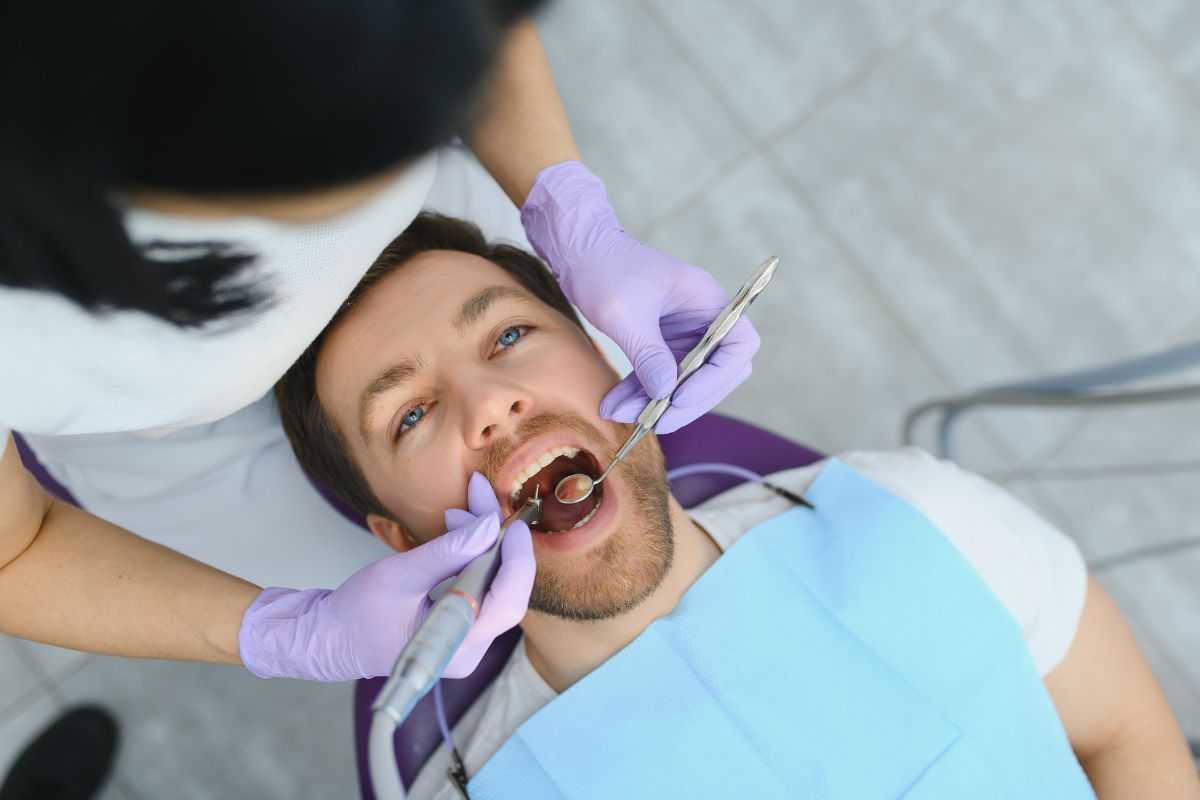
Composite vs. Amalgam Fillings: Which Is Better for Your Smile?
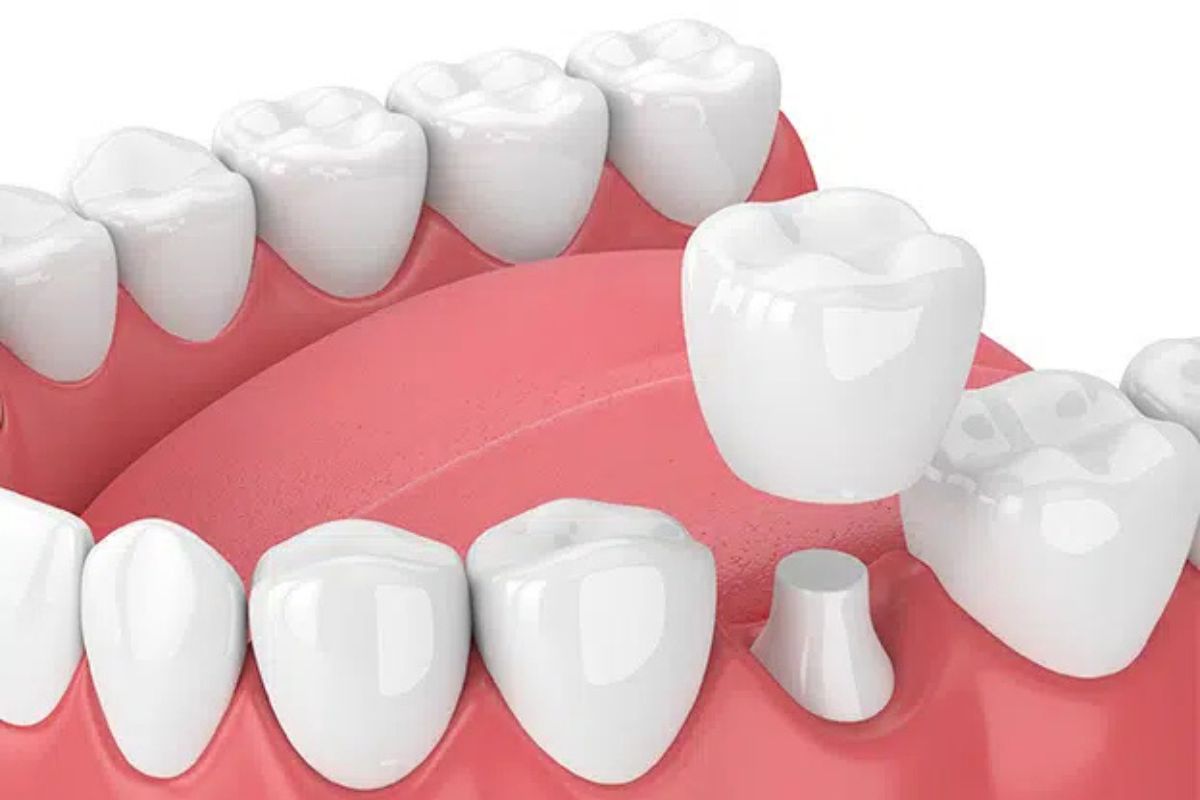
How to Know When Your Dental Crown Needs Replacement
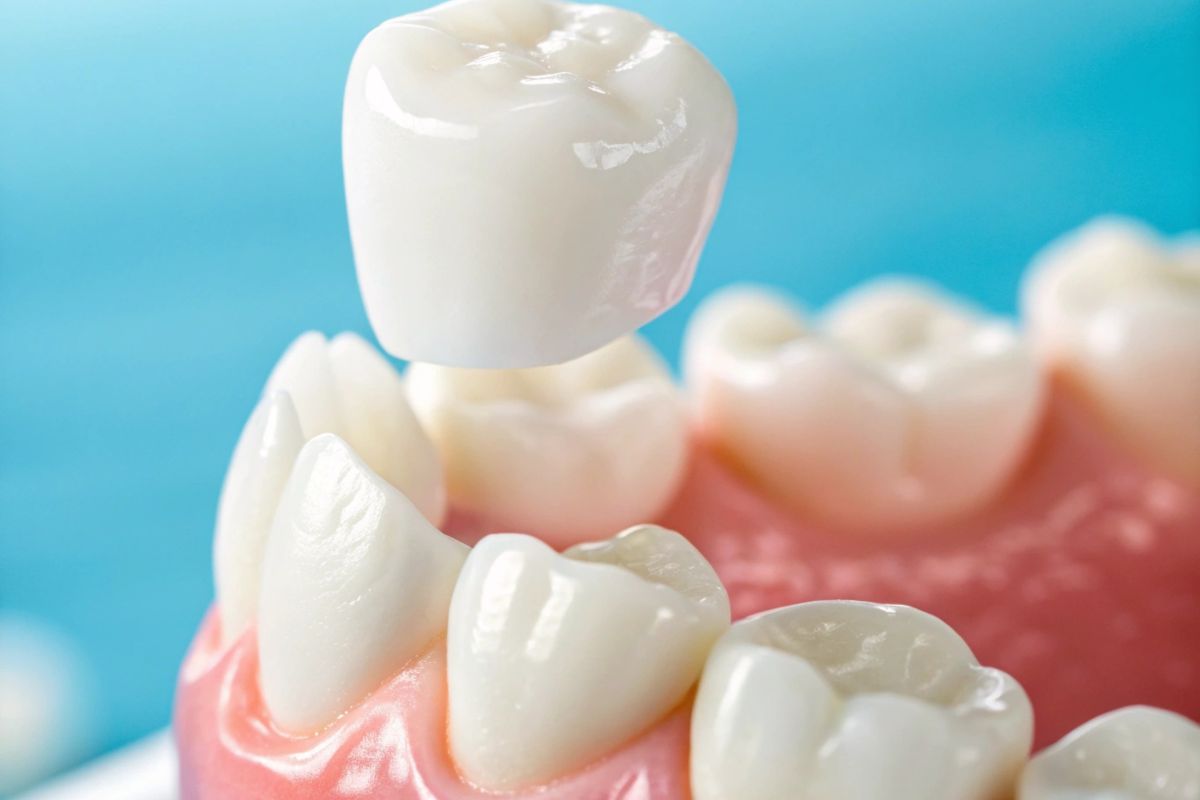
Dental Crown Problems & How to Fix Them
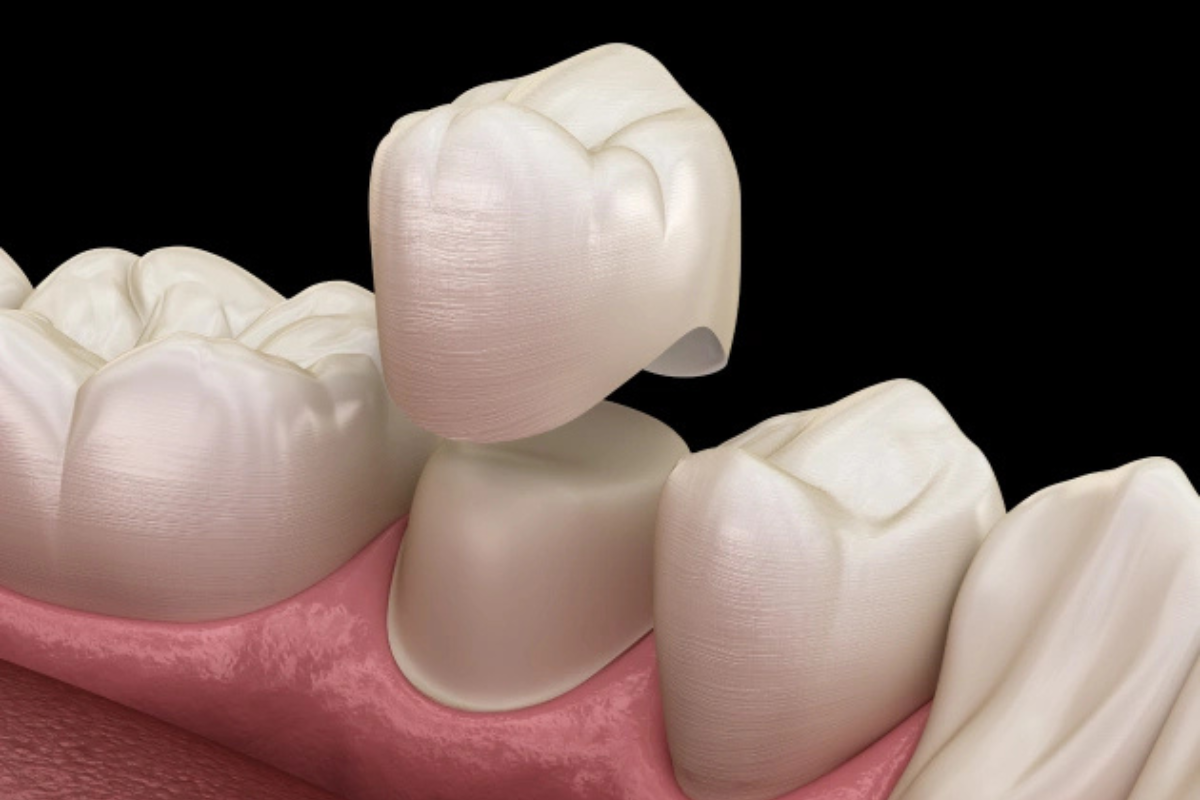
Caring for Your Dental Crowns: Do’s and Don’ts
